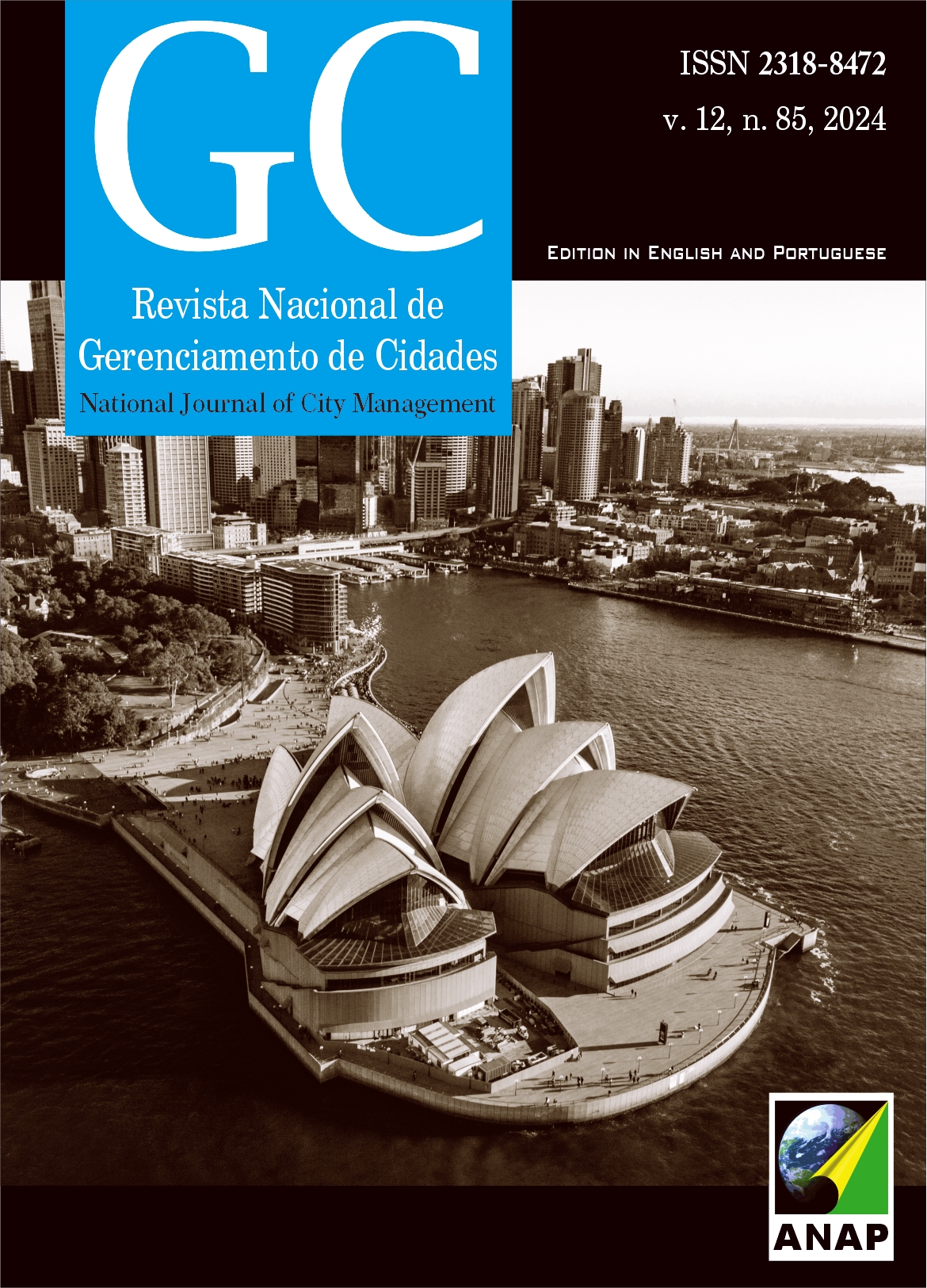National Solid Waste Policy (NSWP): Challenges and Advances after 10 Years of Implementation
DOI:
https://doi.org/10.17271/23188472128520243910Palavras-chave:
Citie, Sanitary landfills, Municipal planResumo
A decade after the implementation of the National Solid Waste Policy (NSWP), municipalities continue to face challenges in implementation. This study aimed to assess the influence of the Municipal Integrated Solid Waste Management Plan (MISWMP) and proper waste disposal in the main cities of the country, in light of the National System of Information on Solid Waste Management (NSISWM). The analyzed data indicate slight advances related to what the National Solid Waste Policy (NSWP) proposes, stemming from difficulties in implementing the policy itself and/or making its instruments viable, especially in cities in the North and Northeast regions of Brazil. Practices such as improper waste disposal in open dumps or controlled landfills and incineration characterize the reality of Brazil, even a decade after the publication of the NSWP. Among the adopted strategies, waste recycling emerges as significant, with emphasis on composting and energy generation from biogas. There is a need for the integration of municipalities, states, and the Union to provide support for them to better exploit the potential in the generated waste, based on dominant technologies. It is also noteworthy the absence of updated data and cities' non-compliance with individual declarations in the NSISWM, regarding the provision of public solid waste management services, contradicting the policy itself and hindering the transparency of each municipality's data, making it difficult or even preventing monitoring by interested parties, civil society, and public and private entities.
Downloads
Referências
Publicado
Edição
Seção
Licença
Direitos autorais (c) 2024 Revista Nacional de Gerenciamento de Cidades

Este trabalho está licenciado sob uma licença Creative Commons Attribution-NonCommercial-ShareAlike 4.0 International License.















